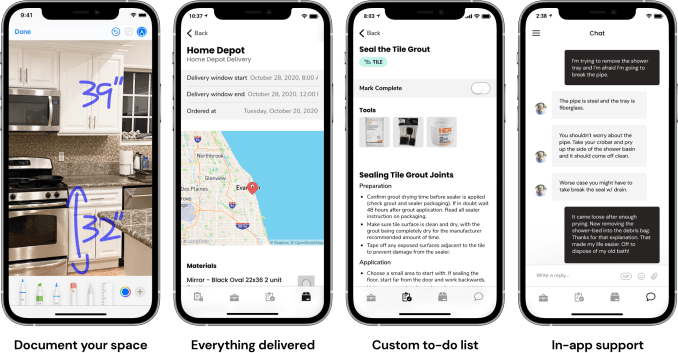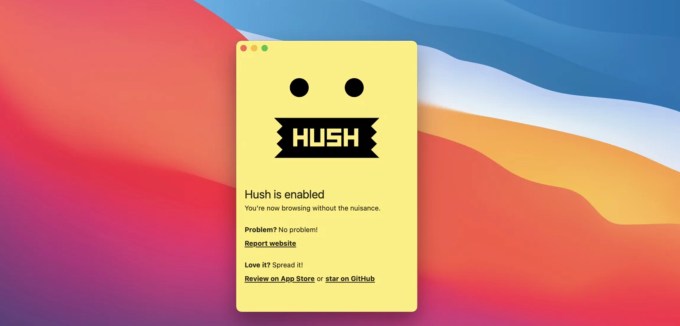Welcome back to The TechCrunch Exchange, a weekly startups-and-markets newsletter. It’s broadly based on the daily column that appears on Extra Crunch, but free, and made for your weekend reading. Want it in your inbox every Saturday morning? Sign up here.
Ready? Let’s talk money, startups and spicy IPO rumors.
Can data fix healthcare?
Not alone, but you might be able to make a lot of progress with the right data in the right hands. And that’s precisely what the startup we’re talking about today is up to.
The Exchange caught up with Terry Myerson and Lisa Gurry this week, the CEO and CMO of Truveta, a young company that wants to collect oodles of data from healthcare providers, anonymize it, aggregate it and make it available to third parties for research.
It’s a big task, but the team behind Truveta has experience with big projects. Myerson is best known for his time one-rung below the top of the Microsoft org chart, where he ran things you might have heard of, like Windows. Gurry was a leader inside that org, most recently working on strategy for the Microsoft Store product.
But now they are at a healthtech data company. How did that come to be? After Myerson left Microsoft he worked with Madrona, the Seattle-area venture capital firm, and the Carlyle Group, a huge investing group with a taste for private equity. A few years later, several former Microsoft co-workers of Myerson had wound up at Providence, a healthcare giant. They reached out to Myerson around when COVID-19 was first locking down the United States. The former Microsoft exec agreed to take part in a few calls, but didn’t formally join them as he was stuck at home.
During that time he learned that Providence had put together a white paper concerning the idea that Truveta would become, that by collecting data from healthcare providers a dataset of sufficient size and diversity could be compiled to allow research of all sorts to leverage it. Myerson got stuck on the concept, later founding the company. Then he called up some former colleagues, including Gurry, to help him build it.
Truveta has around 50 people today and will scale to around 100 this year, Myerson said.
Questions abound in your head, I’m sure. Things are still early at Truveta, but the company announced last week that it has signed up 14 healthcare providers to help with its data goals. Those firms are also investors in the company (Myerson put in capital in as well).
I was curious about the company’s business plan. Per Myerson, Truveta will charge different rates depending on who wants to access its data. As you can imagine, commercial entities will pay a different price than an independent researcher.
Next for Truveta is getting more data, locking down its internal data schema, collecting feedback from researchers and, later, approaching commercial access.
Healthcare in America is inequitable — something that the pair of Truveta executives stressed during our call — thus giving the company a huge market to improve and make less racist and sexist.
It was a bit odd to talk to Myerson and Gurry about their startup. In the past I’d chatted with them about some of Microsoft’s largest platforms. Let’s see how fast they can transform Truveta from an idea I can’t help but dig, to a company that is a viable commercial concern. And then how big they can grow it.
Market Notes
A lot has happened in the past few days that we couldn’t get to. Adyen’s earnings, for example. The European payments platform reported H2 revenues of €379.4 million, up 28% compared to the year ago half-year. And from that it reported EBITDA of €236.8 million. Who said fintech can’t be profitable? (Note: Adyen’s results are required reading if you care about Stripe’s valuation and future public offering.)
And there were some rounds that also fell through our fingers. Investments like CloudTalk’s recent $7.3 million Series A. The Slovakia-based startup previously raised a $1.6 million seed round in 2019. The startup, as its name suggests, offers cloud telephony services to call centers.
We suspected that CloudTalk probably had a pretty good year in 2020 thanks to global growth in remote work. It did. In an email, CloudTalk said that it has not seen “Zoom-like [growth] figures” but that in 2020 demand for its services “exceeded [its] expectations.” That helps explain its latest round.
The Exchange was also curious if the company had a perspective on subscription pricing versus consumption pricing, a rising topic amongst software dorks such as myself (more to come on this next week with notes from Appian, Fastly and others). Per the company, CloudTalk charges “for both seats and for usage,” making it a hybrid company from a pricing perspective. CloudTalk called its pricing setup “a good balance for both parties because customers like to know what they are going to be paying ahead of time.”
It’s a startup to keep in mind. As is Zolve, a globally themed neobank with a focus on helping expats have a working financial world. I couldn’t get to it, but TechCrunch wrote it up. More here.
And in case you didn’t have time to watch television during work the last few days let’s talk about Robinhood. Which enjoyed a Congressional hearing this week that was mostly dull apart from some notes on the fintech giant’s business model.
Finally, it was a busy week for crowded startup niches. There was more money for OKR startups, leading to our question about VCs putting capital into related companies in the future. Public also raised several hundred million dollars. Because why not. And low-code player OutSystems raised $150 million to round out the group. It was one hell of a week.
Various and Sundry
I will leave you with a few data points. First, that Clubhouse’s metrics are finally starting to match the hype around the product. People are showing up in droves, pushing its total download figures over the 10 million mark.
And in news that I missed, Substack crossed the 500,000 subscriber mark. That’s impressive!
And to close, a Chicago-based, home-focused insurtech startup called Kin crossed the $10 billion “total insured property value” mark this week. The Exchange reached out, asking the company about its economics. After all it’s not hard to run up premium volume if you are selling dollars for 50-cent pieces.
Ruth Awad from the company responded that her company’s “ loss rate is 53% and our gross margins are 32%.” Not bad at all. Given how quickly insurtech has gone from experiment to public-success, Kin is a company to keep tabs on.
Wrapping, please make sure to support your local heavy metal band this weekend,
https://ift.tt/eA8V8J Can data fix healthcare? https://ift.tt/3ui6qOp








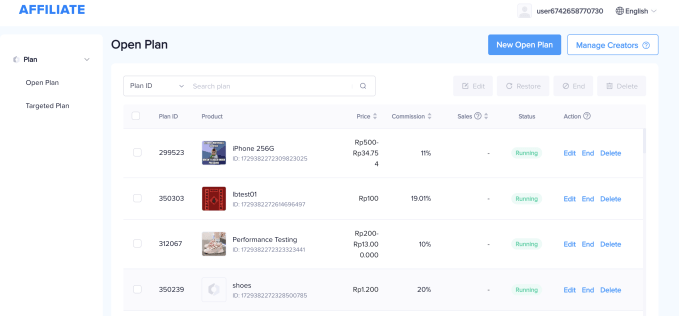






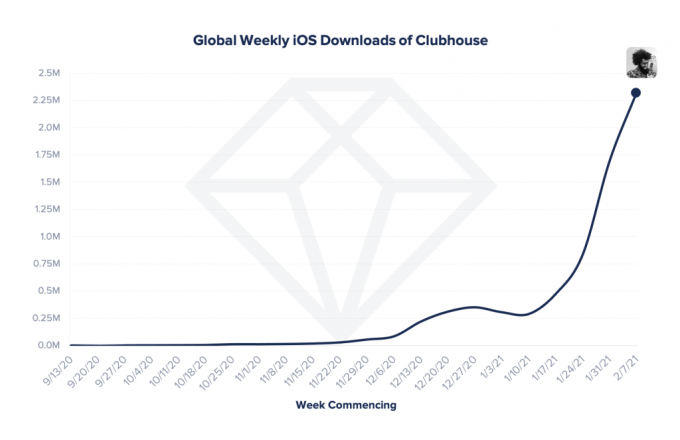
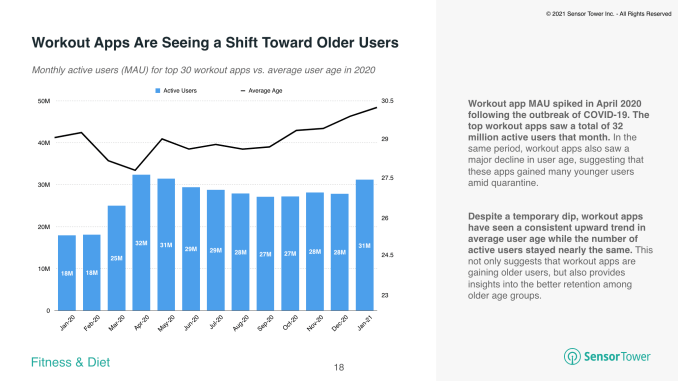
 Robinhood rival Public.com
Robinhood rival Public.com 